Quality and timelines more important than cost in tooling industry
The second edition of the International Tooling Summit 2017 held today in New Delhi debated the importance of manufacturing quality tools and adhering to vehicle manufacturer timelines over and above costs.
The automobile industry, which has witnessed a sea-change over the past three decades, constitutes almost 30 percent of the total Indian manufacturing sector and currently contributes 16 percent to the country’s GDP.
This figure is pitted to grow to 25 percent of the GDP by 2025 throwing up huge growth potential for the automobile and associated industries like tooling and auto components.
Tracing the growth of the market opportunities, Rajeev Gandhi, executive director of Maruti Suzuki India, said that while Maruti had just two models in the 1980s, competition from the turn of the century drove carmakers to introduce new models at frequent intervals. Today, the India car buyer is spoilt for choice with over 100 models available at showrooms.
However, cars now need to be lighter as well as stronger for which tool rooms and tooling manufacturers have to develop state-of-the-art heat treatment and plating facilities to meet diverse OEM requirements. Since 50 percent of the toolings are currently imported by carmakers like Maruti Suzuki, there is huge scope to undertake changes in the toolings industry while working hand in hand with them keeping in mind speed, scale and skillsets.
“Robust tooling is fundamental for the success of any product,” commented SK Arya, chairman of the JBM Group, saying that the IT content has increased in tooling.
Experts debate
A key highlight of the panel discussion on ‘Indian tooling industry-quest for self-sufficiency and end user perspective’ moderated by Autocar Professional’s Sumantra Barooah at the second edition of the International Tooling Summit 2017 held today in New Delhi threw up the importance of manufacturing quality tools and adhering to vehicle manufacturer timelines over and above costs.
At present, about 63 percent of the toolings are used by the Indian automotive industry with other consuming sectors being FMCG and white goods.
Reducing the lead time between tooling and vehicle production from the current 9-12 months was emphasised by AS Raju, senior VP, supply chain, Maruti Suzuki. He spoke of the need for quality maturity and focus on simulation improvement to reduce number of product trials and getting it right first time around. In addition, there is a need for increased involvement of the toolmaker and designer in engineering the component.
Since vehicle upgrades and variants have become the order of the day, designing has to work concurrently with engineering and tool making. “The ability of toolmakers to adhere to strict timelines of OEMs and not just look at costs but be able to manufacture tools accurately while maintaining good quality are necessary,” pointed out Rajeev Wasan, senior VP, manufacturing, Honda Cars India.
Most of the speakers agreed that sticking to timelines, maintaining right quality and consistency of tools is necessary to reduce dependence on imports since the white goods industry is currently importing almost 100 percent of their tooling requirements.
Also read:
TAGMA to set up CoE at Chakan with DHI
RELATED ARTICLES
Bosch hydrogen engine tech-powered truck to be on Indian roads this year
The global supplier of technology and services is betting big on both electromobility and hydrogen. While announcing the...
IIT Bombay inaugurates Arun Firodia Research Floor
IIT Bombay, one of India’s top technical and research institutions, honours Kinetic Group chairman Dr Arun Firodia, one ...
Maruti Suzuki expands capacity at Manesar plant by additional 100,000 units
New assembly line at Plant A expands total manufacturing capacity at the Manesar plants to 900,000 units per annum. Alon...





 09 Feb 2017
09 Feb 2017
 3820 Views
3820 Views



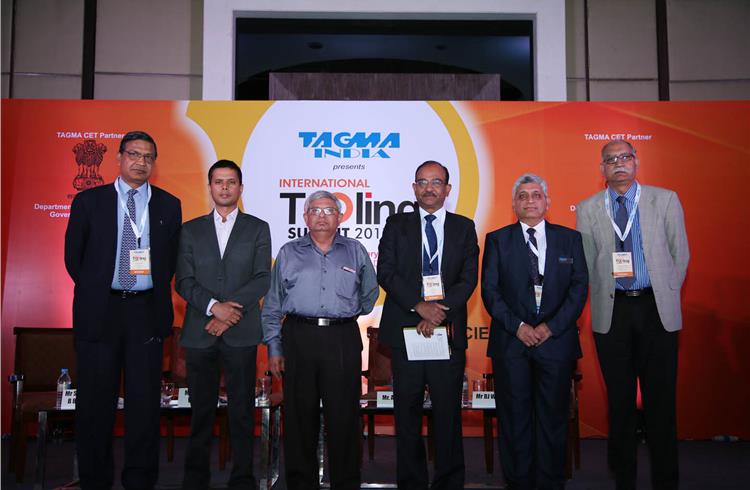
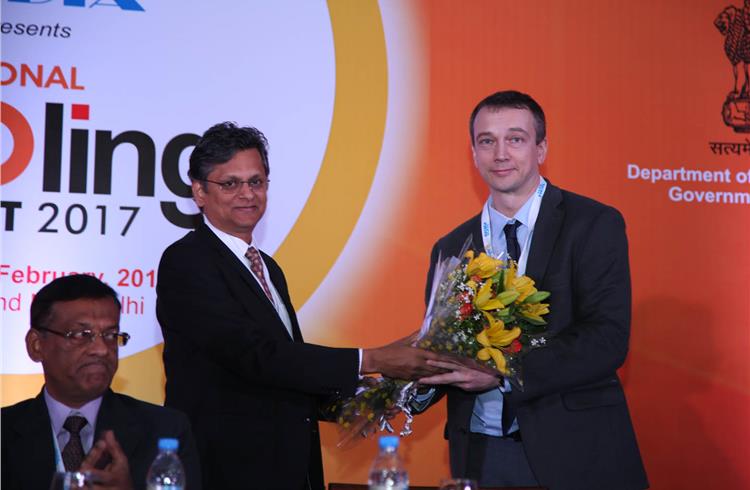
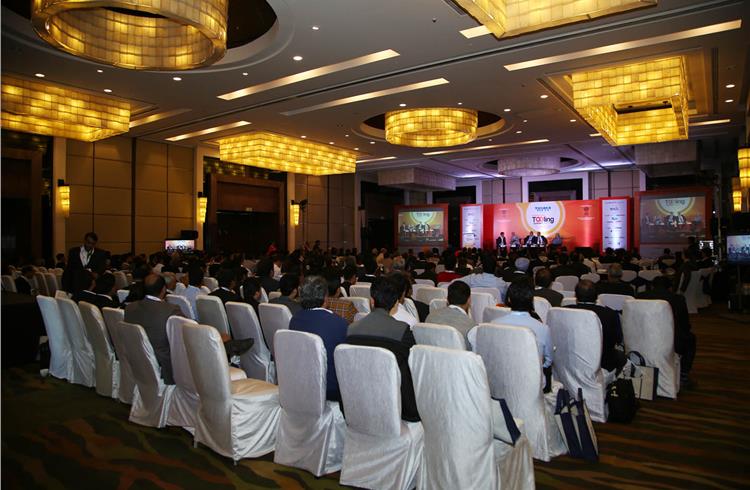
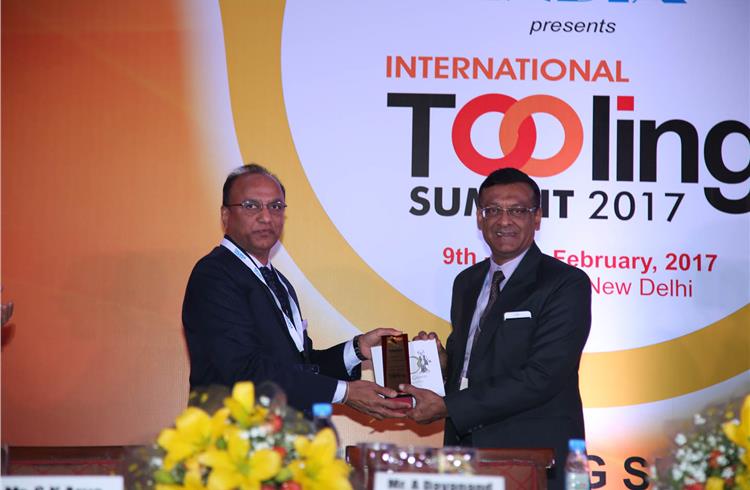
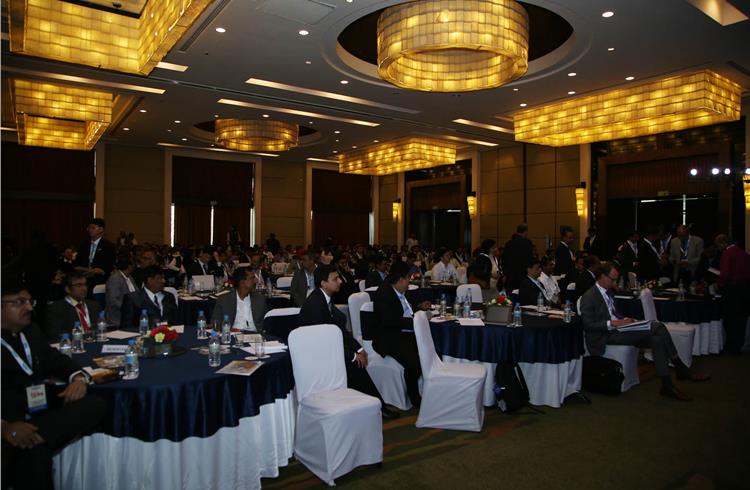
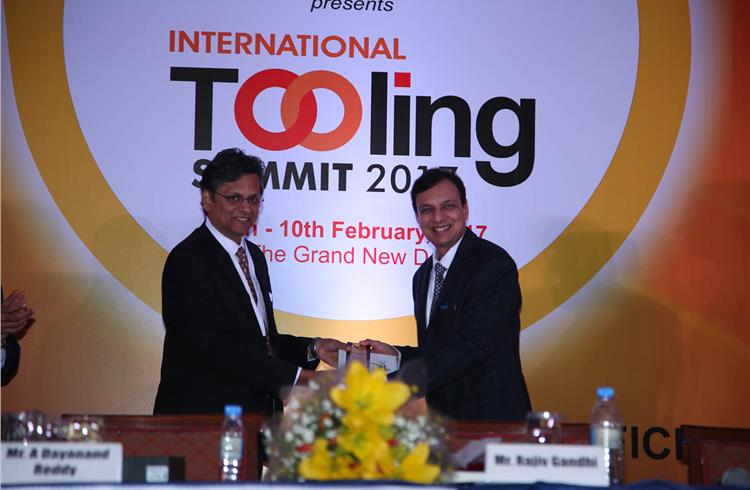
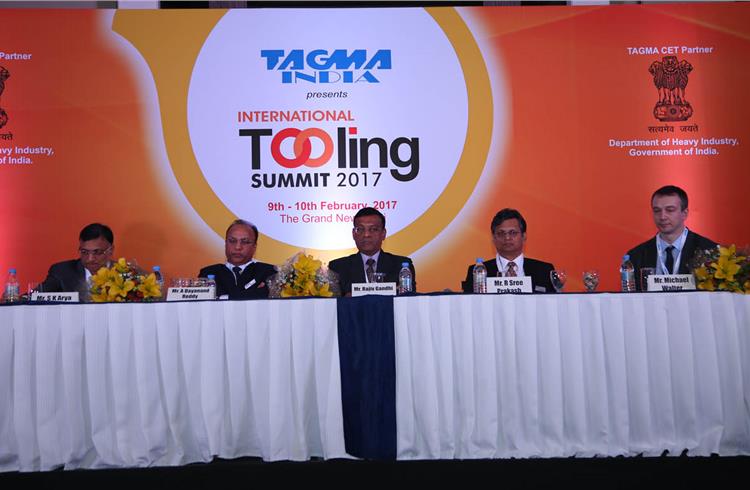
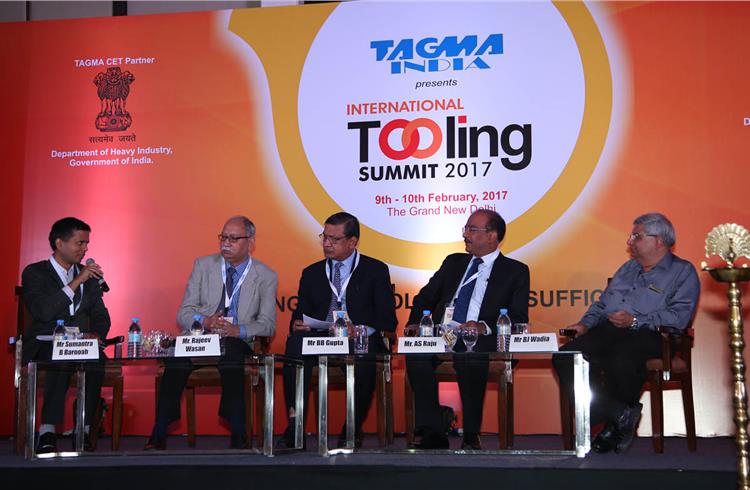
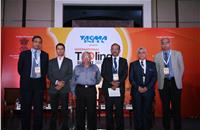

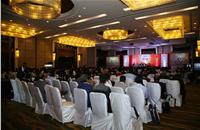
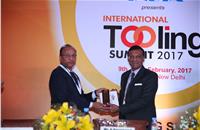
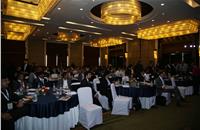
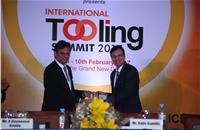
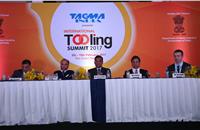
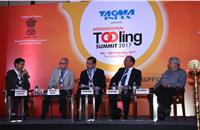

 Autocar Pro News Desk
Autocar Pro News Desk




